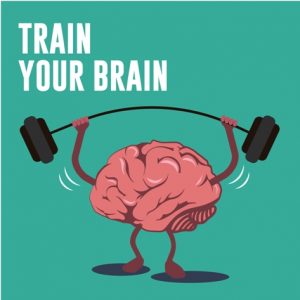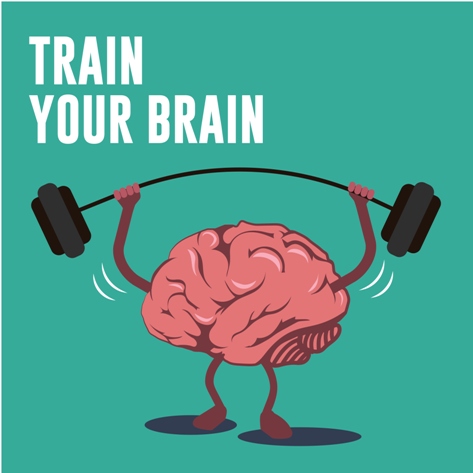 A new study published in the Journal of the American Geriatrics Society (JAGS) found that older drivers who completed 10 sessions of speed-of-processing training or reasoning training had an approximately 50 percent reduction in at-fault motor-vehicle collisions (MVC) compared to the control group.
A new study published in the Journal of the American Geriatrics Society (JAGS) found that older drivers who completed 10 sessions of speed-of-processing training or reasoning training had an approximately 50 percent reduction in at-fault motor-vehicle collisions (MVC) compared to the control group.
The study shows that the right kind of brain training can produce cognitive improvements that transfer to real-world skills. Led by scientists from the University of Alabama at Birmingham, John Hopkins University, Pennsylvania State University, Indiana University School of Medicine, the University of Florida/Wayne State University and other institutions, the study included 908 drivers (mean age 73.1) who drove a total of more than 25,548,914 miles over the time of the study. These drivers were randomly placed into one of three different training programs or a control condition.
The first group of participants completed up to 10 hours of computerized training designed to improve the speed of their visual attention. The second set of participants completed up to 10 hours of classroom training where they learned strategies to improve their memory. The third set of participants completed up to 10 hours of classroom training where they learned ways to improve their reasoning and problem-solving skills. The participants in the control condition completed no brain training exercises at all.
Scientists then reviewed the participants’ driving records over the next six years and found that those participants who had had reasoning and speed training had a 50 percent lower rate of at-fault car crashes than the control group. There was no significant difference observed in the group that used the memory training.
“Considering the importance of driving mobility and the cost of crashes, cognitive training has great potential to sustain independence and quality of life in older adults,” said Dr. Jerri Edwards, Associate Professor of Aging Studies at the University of South Florida, and co-author of the paper. “But importantly, this study provides further evidence that the right kind of brain training program can generalize to improve real-world activities among older adults.”
The speed-of-processing training program used in the study was licensed by its inventors to Posit Science, which has made it available to consumers as part of the DriveSharp and InSight brain fitness programs. Allstate Auto Insurance is currently running a pilot program to test the benefits of this software for its members. Early results show that Allstate customers who trained for 10 or more hours experienced a significant decrease in damage claim frequency relative to a control group that did not go through the training.
“There has been ongoing discussion in the scientific community regarding how well brain training works and how well it transfers to real world activities,” said Dr. Henry Mahncke, Vice President of Research & Outcomes at Posit Science. “This study clearly demonstrates that some types of training don’t work, but the right types of training – including the speed-of-processing core of DriveSharp and InSight – do work, and produce real world benefits that can help people live better.”
For more information visit Positscience.com.





 Related Articles & Free Subscription
Related Articles & Free Subscription

I do believe this is a great blog.